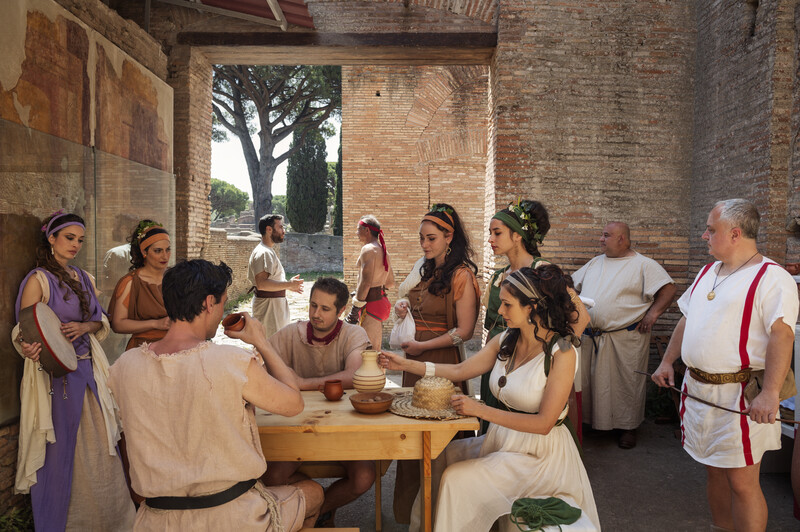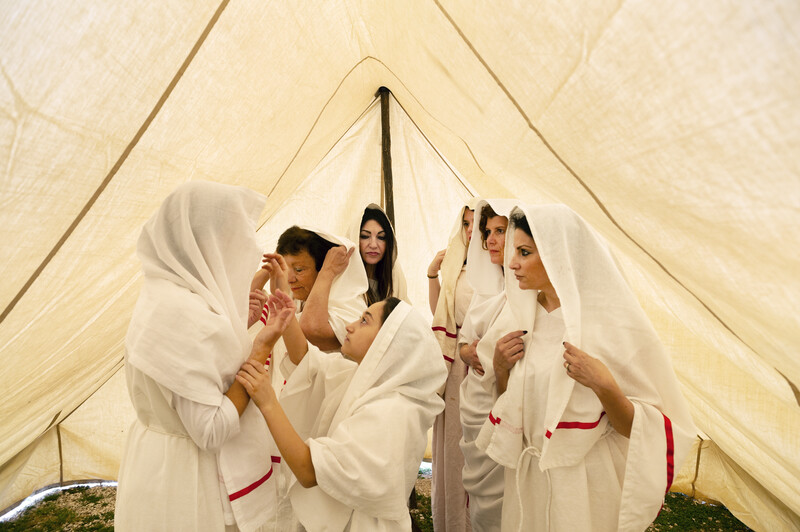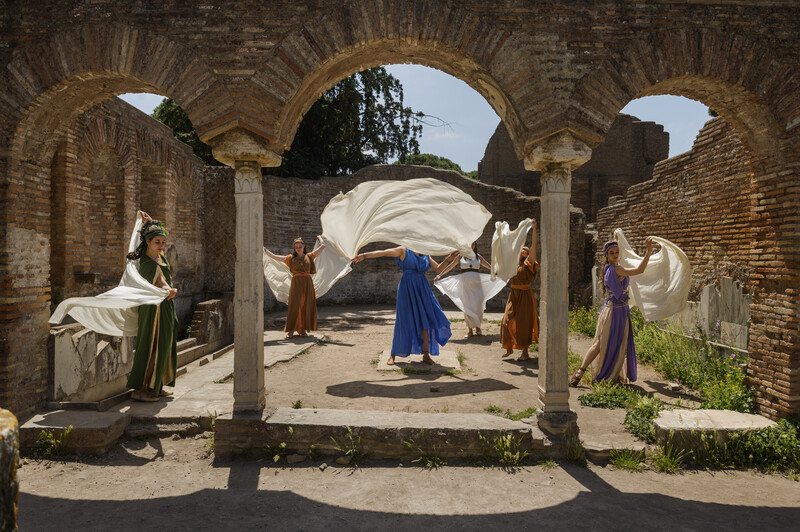Storie Sacre
© Stephanie GengottiThe new millennium has seen the birth of an unexpected phenomenon in Europe: the return of paganism. Those who practice it, define it as an "ethnic" or "gentile" religion, to underline that they cultivate the ancient deities of the places they inhabit. The Roman orator Cicero explained that the Latin term "cultus" (cult) has the same root as the Latin verb "colere" (cultivate). So this religious sentiment that re-emerges from the past, more than a creed, needs practice and knowledge like the farmer who must know how and when to plant a seed so that the plant can then germinate and see the miracle of life take place.
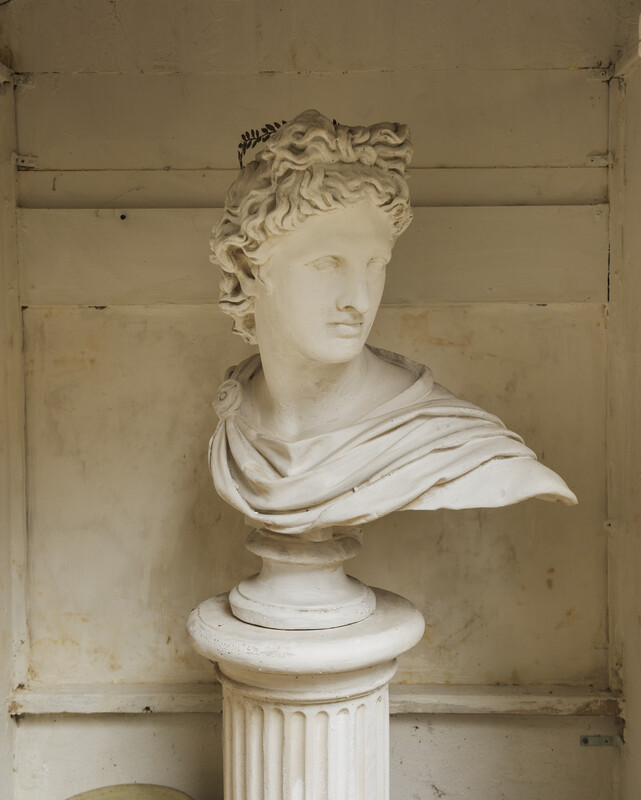
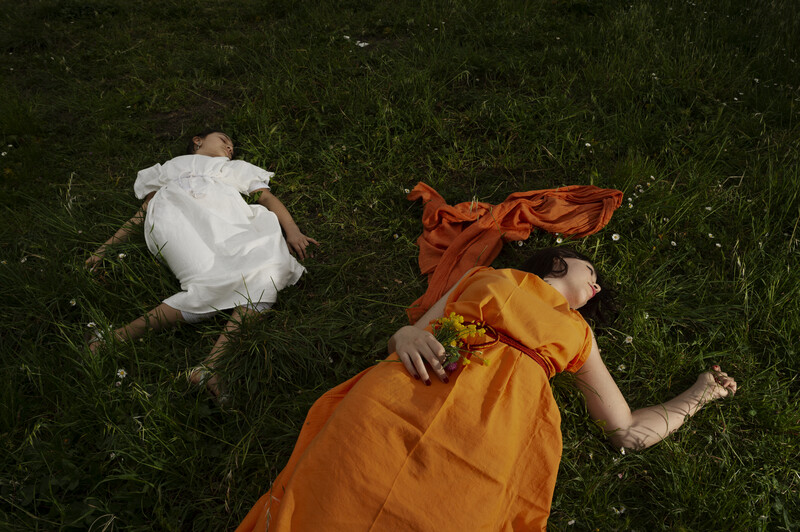
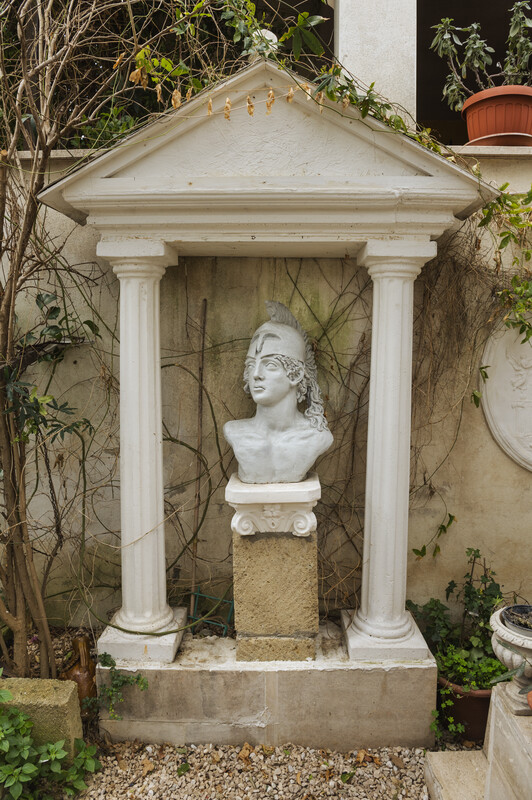
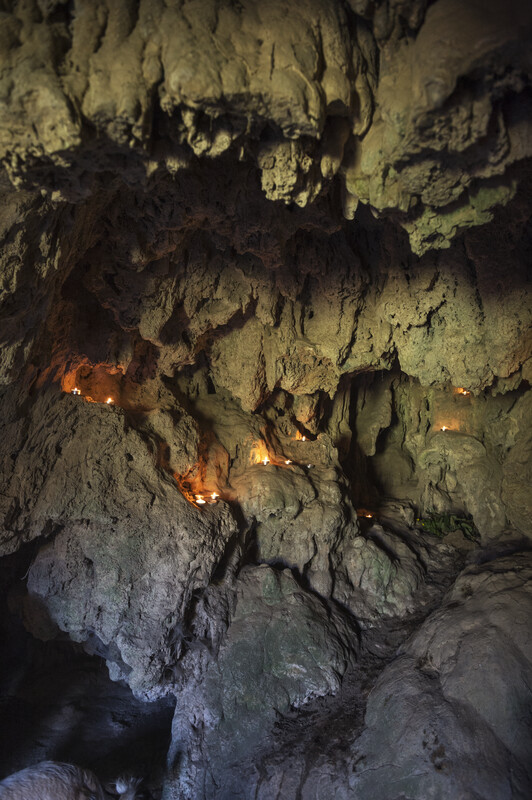

In our days Gentile religion is based on the pure values of the classical world, the great philosophers like Pythagoras and Plato are still considered current, like Marcus Aurelius, emperor and pontiff maximum of the Romans, who in his memoirs teaches how to deal with historical periods and the most difficult moments of life, from the lack of customs to the development of new epidemics, to remain intact and true to oneself. The members of these new, but at the same time ancient confraternities, follow a sober and moderate lifestyle, where the greatest riches are friendship and solidarity, where balance and dialogue are the basis of human relationships. The ethics and aesthetics of the rite are deeply cared for and cultivated for the evolution of the individual so that new citizens are increasingly morally pure and responsible for tomorrow's society.
The ceremonies take place in the temples, the fire is lit on the altars, the element of the spirit through which divinity is considered to manifest itself. It is into the fire that the incense which releases inebriating perfumes, the spelt scones and the wine is poured, ancient symbols of the work of man, who receives from the Gods raw products such as wheat and grapes, to then return them processed. All of this symbolizes transformation, the meaning of our transitory life in this world, and the purpose of transformation for improving ourselves, human society and the cosmos in which we live.
Like the first Roman families at the origin of Rome, who made places of their property available for the development of sacred structures, today's gentiles are divided into ‘gentes’, families, who take care of the cult and, when possible, make available places where the community erects its temples to honour the Gods and live with them. Gentiles believe that when men manage to coexist virtuously with the Gods, they receive well-being, wisdom and prosperity from them and the inhabitants of those places where the temples are cared for and carried forward.


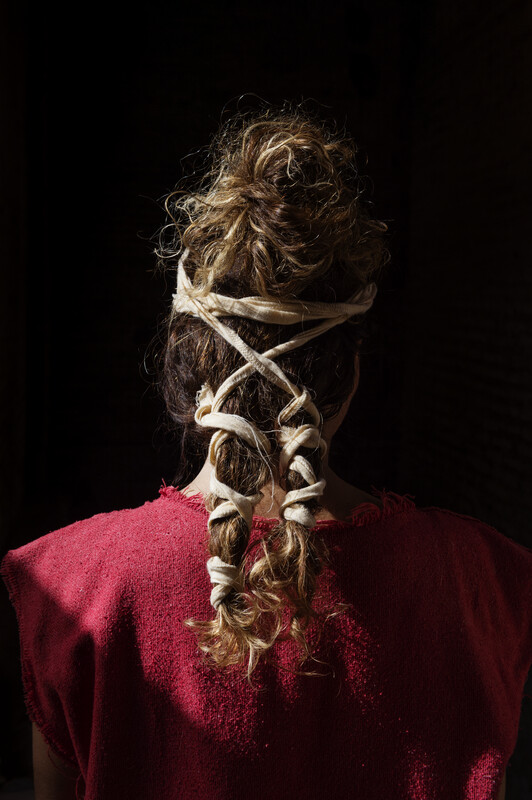
In the sacred homes of the gentiles are held ceremonies of ritual offerings to the deities and meetings for the study of ancient philosophies, cultural activities such as poetry readings and competitions, gymnastic games and more. Numerous people approach the temples to be initiated into the ancient cult, others instead come to make offerings to the Gods because they have fulfilled their requests, some decide to celebrate their marriage according to the ancient Roman custom, and many require the consultation of an oracle, others for a blessing and more. The temples are vital centres, where the sacred flame is accompanied by wisdom and virtues from the ancient world.



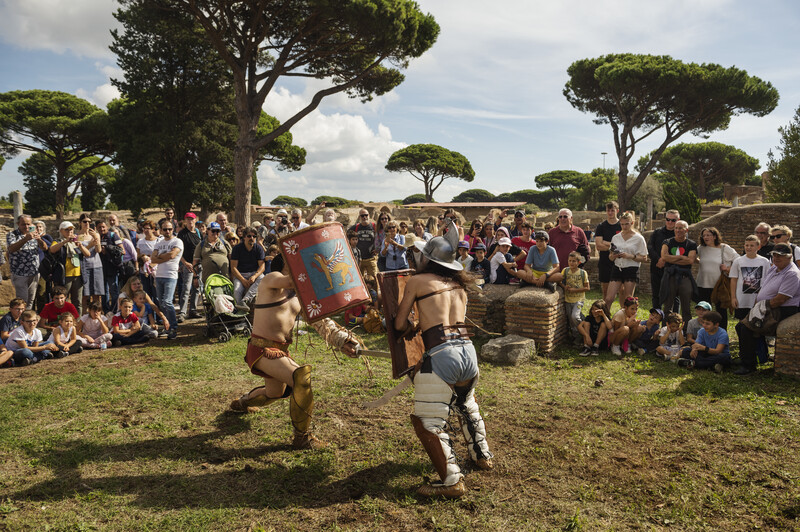
And just as the statues have survived under the rubble of ancient temples, traditions and trends have survived under the moral rubble of society to re-emerge today, at a time when the rights of freedom and equality are once again sanctioned by European states, of a new United Europe as it was at the time of the Roman Empire. From the Capitoline Hill of Rome to that of Washington, from the Parliament Building in Vienna to the Parliament Building in Paris, the Roman symbols of law and equality before the law stand out.
With the arrival of the new era, which sees us all citizens of the world, finally free to choose, the ancient cult of the Greek and Roman Gods has more and more followers, day after day, in an incredibly exponential growth that only in Italy has recorded, from 2017 to today, a 400% increase in membership of the institution for classical religion "Pietas - Gentile Community" and the increase from 1 to 12 temples distributed throughout the country. Gentile communities and sacred structures are also growing in other European countries, which meet in conferences that they organize periodically as a sign of the intention of collaborating and cooperating in tolerance among themselves.
More and more organizations are dedicated to experimental archaeology, the reconstruction of ancient clothes and the development of theatrical and cultural activities that promote, spread and re-evaluate the spirit of the Roman world, whose most ancient social costume (mos maiorum) is an example of virtue universally recognized.
This phenomenon has growing success and every year, on the occasion of the anniversary of the founding of the city of Rome, hundreds of thousands of people come from all over the world to celebrate a spiritual and cultural phenomenon that hides a timeless charm.
-Text by Professor Giuseppe M. D. Barbera
click to view the complete set of images in the archive
Archaeologist and pontifex Maximus of the religious organization “Pietas – Comunità Gentile”.
